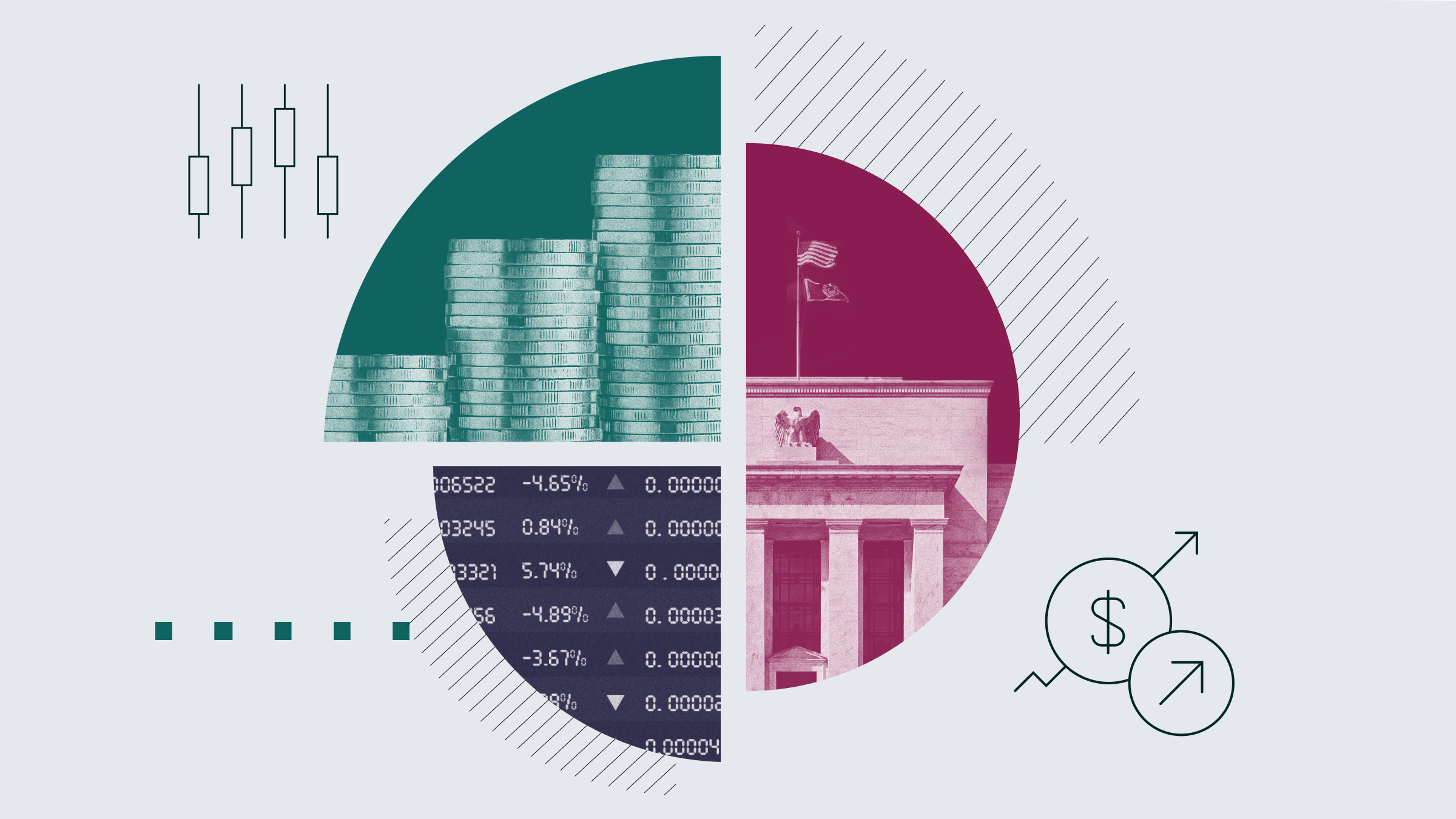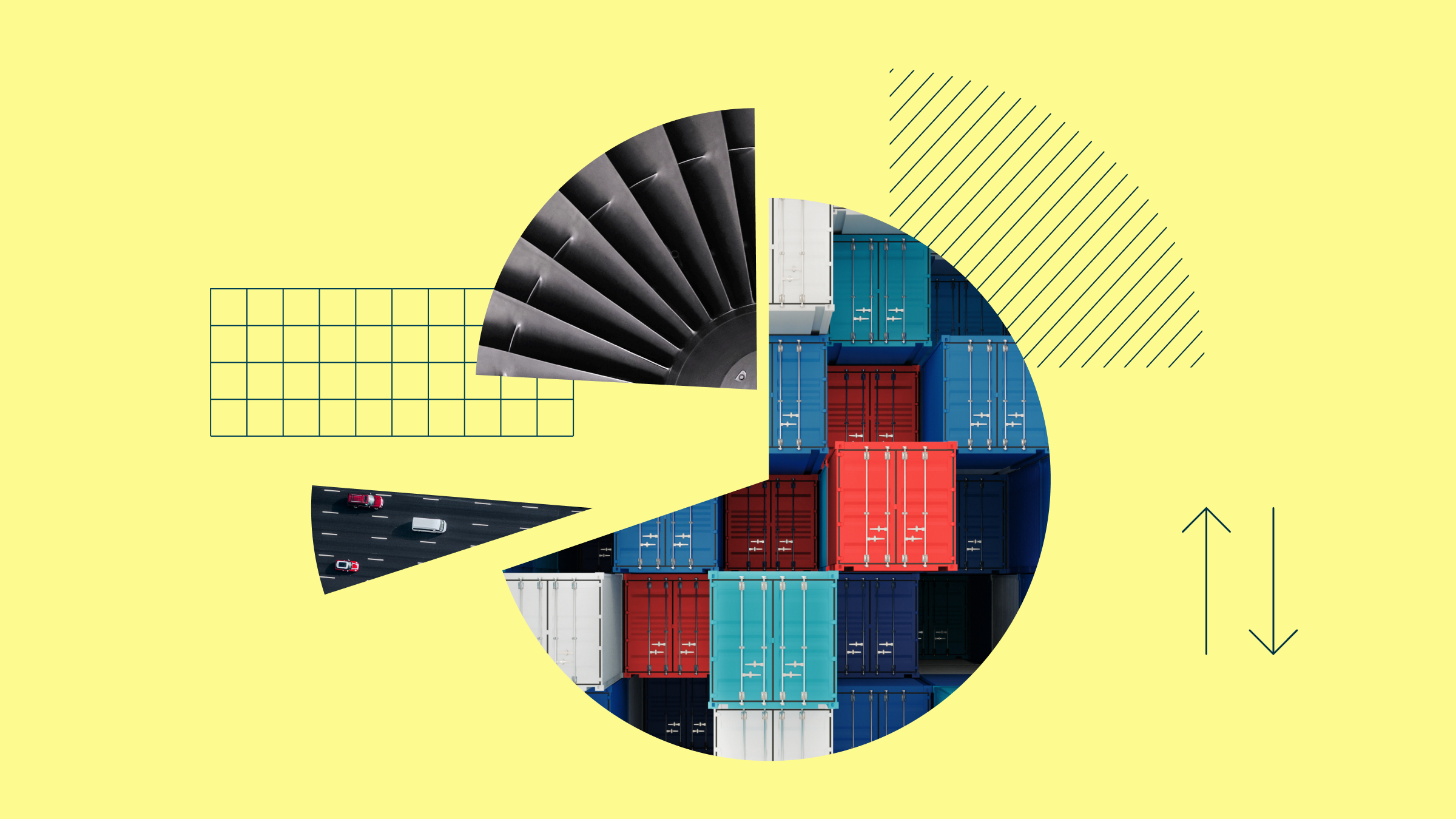Jason Stipp: I'm Jason Stipp for Morningstar.
It's Ideas Week on Morningstar.com, and today we are talking about ways that investor play defense. Now, this may be a concept that you think you know, but there is really more to the story of playing defense today. Here with me to explain is Morningstar's Christine Benz, director of personal finance.
Thanks for joining me, Christine.
Christine Benz: Jason, great to be here.
Stipp: So, when people think defense, they automatically gravitate to a couple of asset classes, but that's really kind of missing a big piece of the story today. Can you explain that?
Benz: Well, when people think defense they typically think cash, and they think bonds. But when you think about where we are with these asset classes right now and the fact that current yields have historically been a really good predictor of future total returns, the picture for those asset classes just isn't very bright. So, cash yields may be 1% if you are lucky right now; bond yields--high-quality bonds--3%, 4%, or 5%.
If that's a good predictor of where you are apt to end up in the future, that's not great math for fixed-income and cash investors. It's very hard to generate the return that you need given the paltry returns on those asset classes. When you add in taxes and possible inflation down the line, that erodes those slim returns even further.
Stipp: I think another thing that is on a lot of investors' minds also is the interest environment and how that can affect bond funds. I don't think people always appreciate what the effect of rising rates could be.
Benz: That's a great point, Jason. So we've enjoyed a period of a couple of decades now where rates have declined, but I think most people would say, given where we're starting out now, the prospect of meaningful future rate declines is not that great. The big risk is that rates could head up, which would hurt bond and bond fund investors.
Stipp: So, certainly, I think the fact that rates have been so low and have gone down over the last 10 years has led to the outperformance that we've seen in fixed income, but there are risks to just sort of looking at that and thinking forward, correct?
Benz: This is a common mistake that we see investors make across a number of asset classes; academics call it recency bias. So, they look at what has performed well in the recent past and try to extrapolate that into the future. The problem is, as we just talked about, with the current interest rate climate and the fact that rates don't have a lot of room to go down, the risks are very real for fixed income investors right now, and the upside might not be very great.
Stipp: So, given that the future return potential is cloudy, I do think that one of the reasons that investors look to fixed income and some of these assets is the fact that they are less volatile as well, and it provides some ballast to the portfolio. So, from that perspective how should I think about these asset classes that I may want to be in for that reason and weigh that against potential lackluster returns in the future?
Benz: This is a common mistake that investors fall into. They confuse volatility – so these near-term fluctuations in portfolio value, with risk. At some points, they intersect. So, think of the retiree in 2008 who had too much in stocks: For that person, the volatility and the downward price movement that they saw in their stocks intersected with risk, and a lot of retirees or people getting close to retirement saw that they were going to come up short during retirement. So, it's not like the concepts are totally divorced from one another.
But certainly, if you're a person who has a number of years until retirement, until you need to put your hands on your money, you can tolerate some short-term volatility if it means that you're going to avoid that mother of all risk, which is falling short of your ultimate goals.
Stipp: I think it's a good point, Christine, because I think we tend to think about risk and what it feels like today, and we don't tend to necessarily think about what are our risks are going to be 10 years down the line. And I think that's the piece that's kind of missing.
You mentioned a good analogy to me earlier about how our feeling of comfort today doesn't always translate to how comfortable we'll be five or 10 years from now?
Benz: Right. So, what I was saying is that it's somewhat akin to over-shopping and overspending. So, you are forsaking your future comfort and peace of mind for something that feels good today. In a lot of ways, that's what overly conservative investors are doing. They are saying, well this feels good, I'd rather be conservative, not have the risk of losing money right now, even if it means that I may fall short down the line, and that's not a great way of thinking about things.
Stipp: So, Christine as I'm looking at all these factors, and I'm trying to make a portfolio plan to make sure that I can reach those goals and I'm taking the appropriate level of risk, what steps should I take? What can I do on that front?
Benz: I think whatever you can do to get away from letting your gut do the decision-making is a great step. So, what I would say is, anchor this decision-making in the numbers. Hop online, there are a lot of retirement income calculators that you can look at to see how on track you are to hitting your goals.
If you input the numbers and put your savings rate and how much you've saved and also your asset allocation, and maybe you've got a conservative asset allocation, and the calculators are saying, you'll be okay, even with this safe asset mix, by all means stick with it, because you don't need to risk money that you don't have to.
But if you've crunched the numbers and the calculators are saying, it looks like the returns of 2%, 3%, 4% that you're going to get from cash and bonds aren't going to get you there, you need to think about putting some money into higher volatility assets like stocks, if it means that it will help you reach your long-term goals.
Stipp: Well, Christine some great context and perspective on risk. Thanks so much for joining me today.
Benz: Thank you, Jason.
Stipp: For Morningstar, I'm Jason Stipp. Thanks for watching.

















